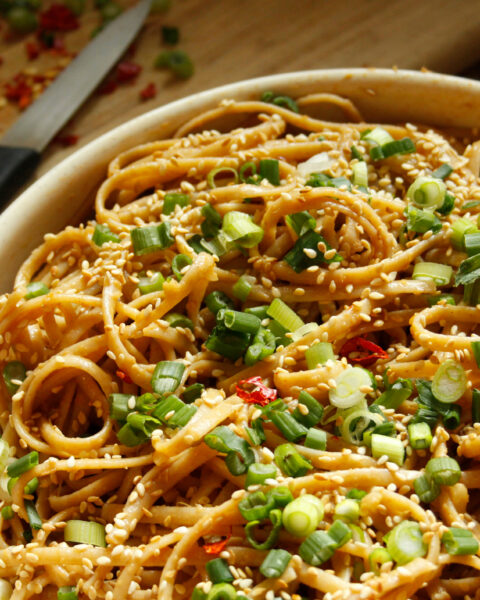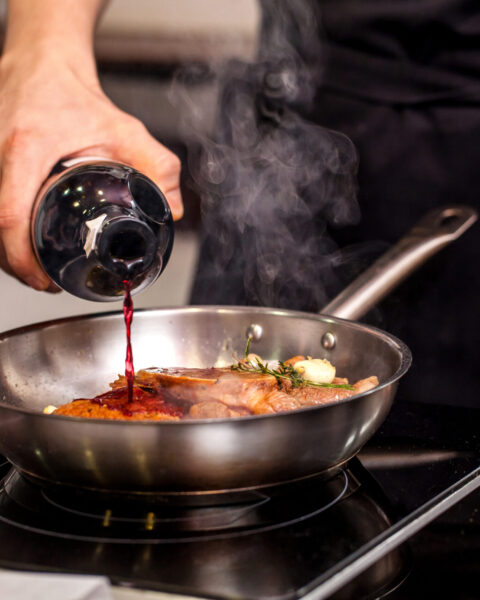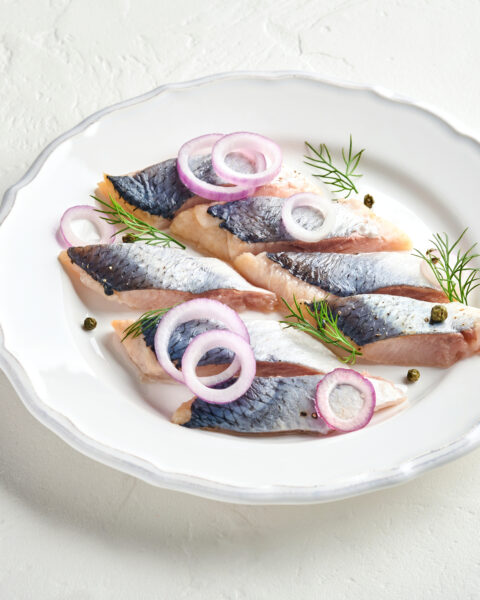New Year’s resolutions don’t have to be boring, especially if you love food. This year, why not make it all about exploring new flavors, learning fresh skills, and celebrating everything you enjoy about cooking and eating? Whether you’re perfecting a signature dish, trying out plant-based recipes, or growing your own herbs, there are plenty of ways to make this year delicious and fun. It’s time to turn your love for food into resolutions you’ll actually be excited to stick with!
Contents
- 1 Explore a New Cuisine Each Month
- 2 Master a Signature Dish
- 3 Reduce Food Waste
- 4 Grow Your Own Herbs or Vegetables
- 5 Experiment with Plant-Based Recipes
- 6 Support Local Farmers and Artisans
- 7 Host Monthly Dinner Parties
- 8 Invest in Quality Kitchen Tools
- 9 Learn Food Photography
- 10 Take a Cooking Class
- 11 Plan Weekly Menus
- 12 Try Meatless Mondays
- 13 Organize Your Pantry
- 14 Experiment with Fermentation
- 15 Explore Food Pairing Science
- 16 Bake Your Own Bread
- 17 More From RetailShout
- 18 13 Unbeatable Costco Home Deals We’re Loving This Season
- 19 15 Retro Comfort Foods Everyone Used to Love and Still Crave Today
Explore a New Cuisine Each Month
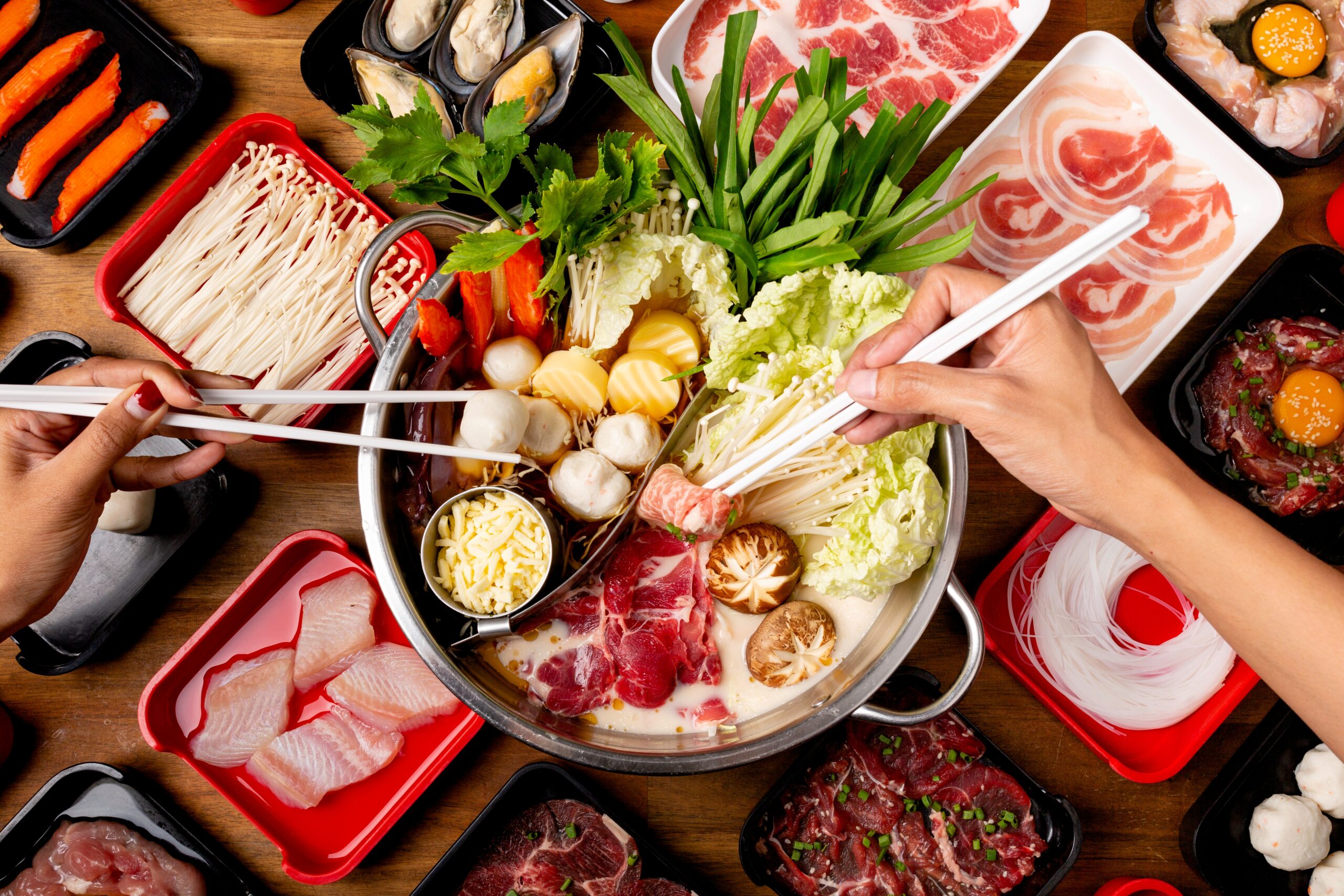
Delving into diverse culinary traditions broadens your palate and cultural understanding. Each month, select a cuisine—such as Ethiopian, Japanese, or Peruvian—and prepare authentic dishes at home. This practice introduces you to unique ingredients and cooking techniques. It also enhances your cooking skills and appreciation for global flavors. By year’s end, you’ll have a repertoire of international recipes to enjoy.
Master a Signature Dish
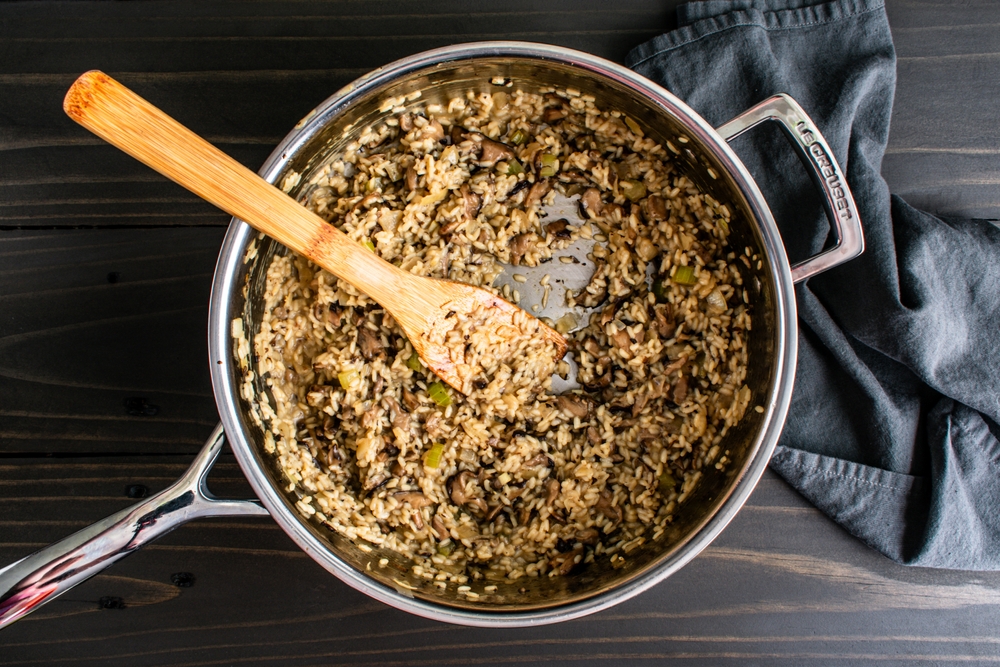
Having a go-to dish showcases your culinary prowess. Dedicate time to perfecting a recipe that reflects your taste and style, such as a creamy risotto or a decadent chocolate soufflé. Experiment with ingredients and techniques to make it uniquely yours. This dish can become your specialty for gatherings and special occasions. Achieving mastery will boost your confidence in the kitchen.
Reduce Food Waste

Commit to minimizing waste by utilizing leftovers creatively and storing food properly. Plan meals to use perishable items efficiently and consider composting scraps. This practice saves money and benefits the environment. It also encourages resourcefulness in meal preparation. Adopting this habit contributes to a more sustainable lifestyle.
Grow Your Own Herbs or Vegetables
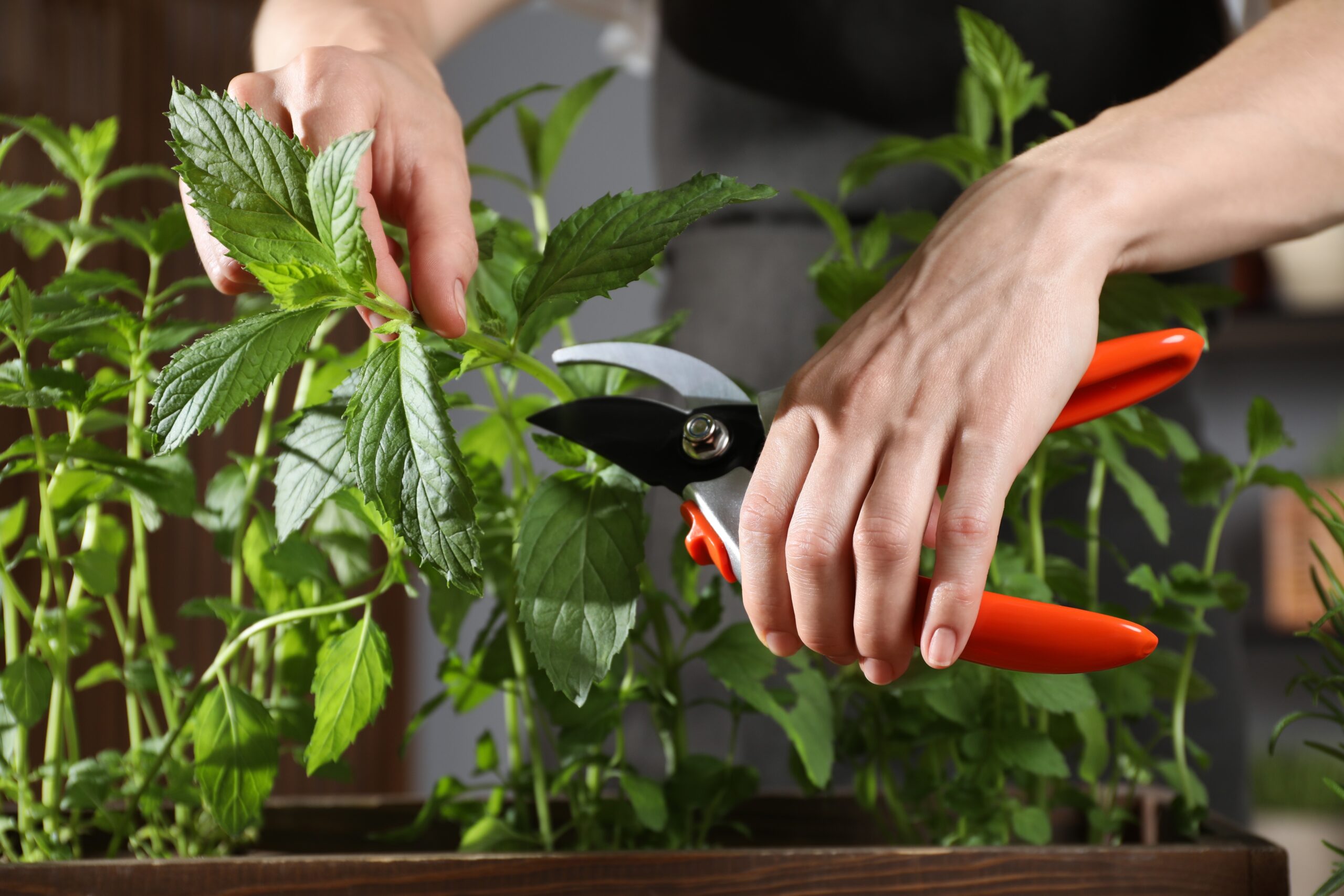
Cultivating a small garden provides fresh, organic produce at your fingertips. Start with easy-to-grow herbs like basil, mint, or rosemary, even if space is limited. Homegrown ingredients enhance the flavor of your dishes. Gardening also offers a rewarding and therapeutic hobby. It deepens your connection to the food you prepare and consume.
Experiment with Plant-Based Recipes
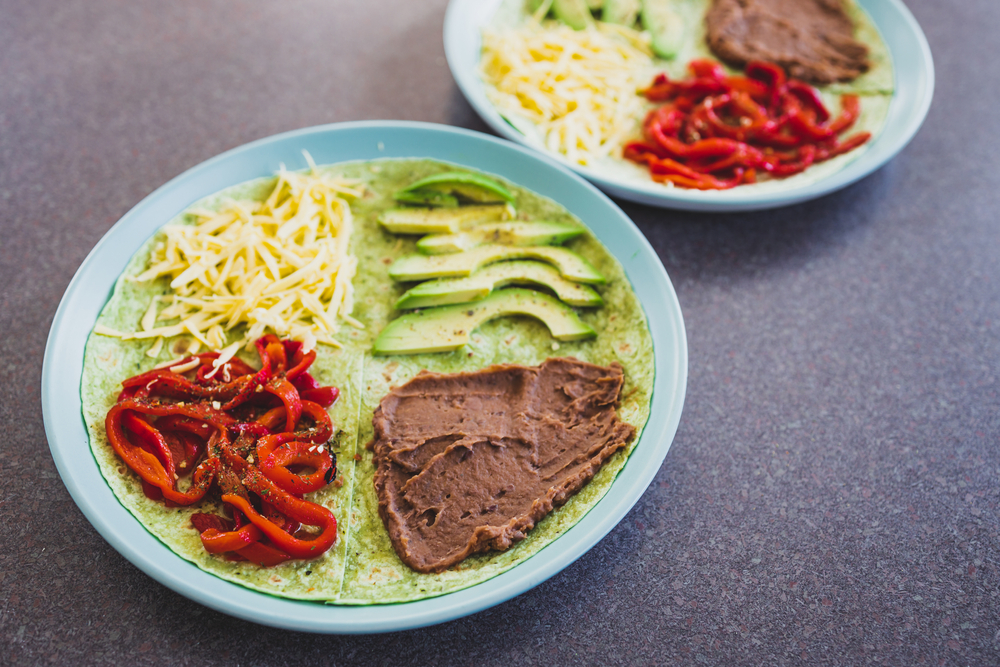
Incorporating more plant-based meals can improve health and reduce environmental impact. Explore recipes featuring legumes, grains, and vegetables as main components. This experimentation diversifies your diet and introduces new flavors. It also challenges your creativity in the kitchen. Over time, you may discover plant-based dishes that become favorites.
Support Local Farmers and Artisans
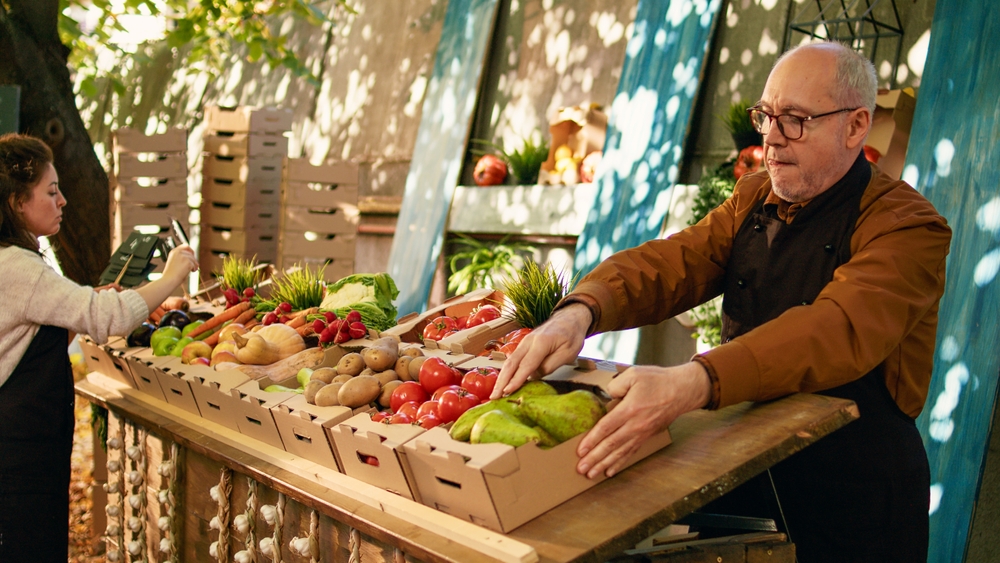
Purchasing from local markets ensures access to fresh, seasonal produce and handmade goods. It supports the local economy and fosters community connections. Engaging with producers provides insight into food origins and production methods. This practice encourages mindful consumption. It also enhances the quality and taste of your meals.
Host Monthly Dinner Parties

Regular gatherings allow you to share your culinary creations with loved ones. Each month, plan a themed dinner to showcase new recipes and skills. Hosting enhances your cooking and entertaining abilities. It also strengthens social bonds and creates lasting memories. These events can become cherished traditions over time.
Invest in Quality Kitchen Tools

High-quality equipment can improve cooking efficiency and outcomes. Assess your kitchen and upgrade essential tools like knives, pots, or mixers as needed. Proper tools make meal preparation more enjoyable and precise. They also inspire confidence to tackle complex recipes. Investing in durable items saves money in the long run.
Learn Food Photography

Capturing your culinary creations beautifully can be a rewarding extension of your food passion. Study basic photography techniques focusing on lighting, composition, and styling. Practice by photographing your dishes and sharing them with others. This skill enhances presentation and allows you to document your culinary journey. It may also connect you with a community of fellow food enthusiasts.
Take a Cooking Class

Formal instruction can introduce new techniques and cuisines. Enroll in a class that interests you, such as pastry making, sushi rolling, or bread baking. Learning from professionals provides valuable insights and hands-on experience. It also offers opportunities to meet like-minded individuals. Applying these new skills can elevate your home cooking.
Plan Weekly Menus

Organizing meals in advance saves time and reduces stress during busy weeks. Set aside time each week to plan breakfasts, lunches, and dinners. This practice ensures balanced nutrition and minimizes last-minute takeout. It also helps in creating efficient grocery lists, reducing food waste. Consistent meal planning can lead to healthier eating habits.
Try Meatless Mondays
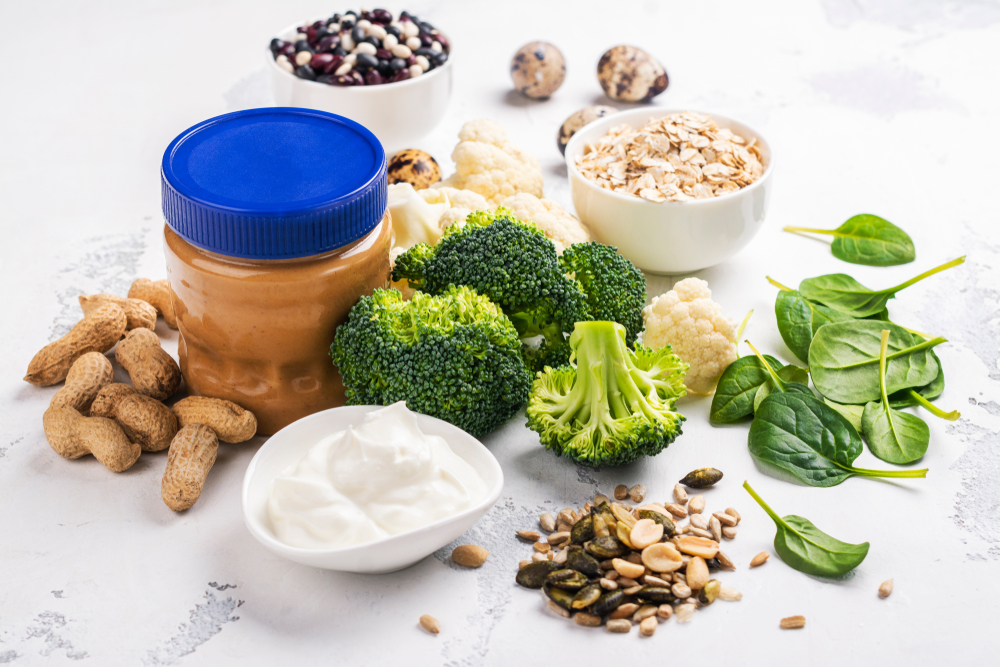
Dedicating one day a week to plant-based meals can positively impact health and the environment. Explore vegetarian recipes that are satisfying and flavorful. This routine encourages creativity in using plant-based ingredients. It also introduces a variety of nutrients into your diet. Over time, you may find it easy to incorporate more meatless days into your routine.
Organize Your Pantry
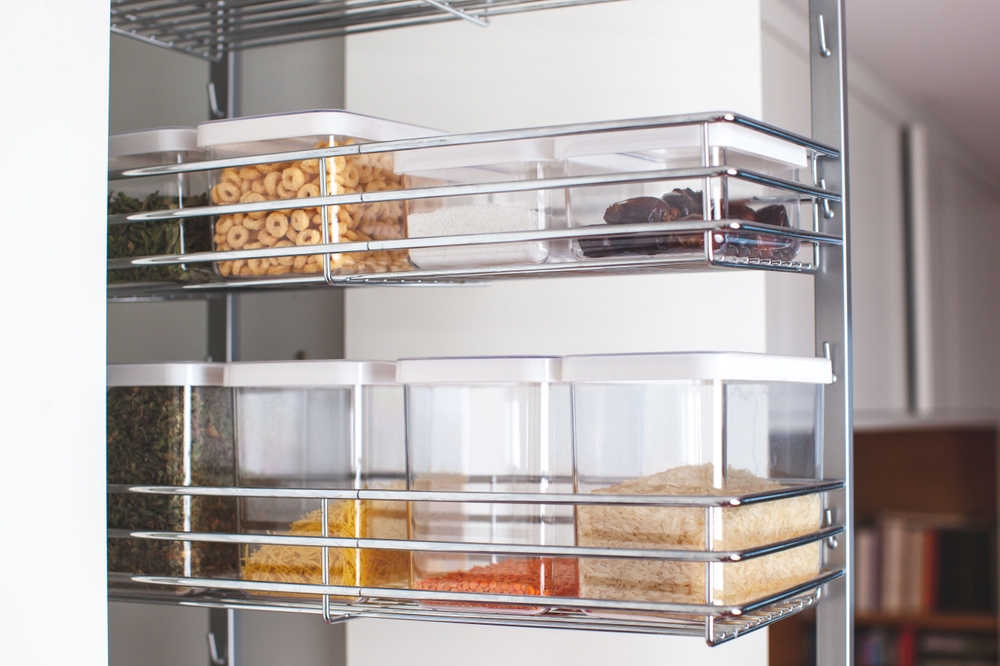
A well-organized pantry makes cooking more efficient and enjoyable. Declutter and categorize items, discarding expired products. Use clear containers and labels for easy identification. This organization helps in meal planning and reduces unnecessary purchases. A tidy pantry also inspires you to experiment with ingredients you already have on hand.
Experiment with Fermentation
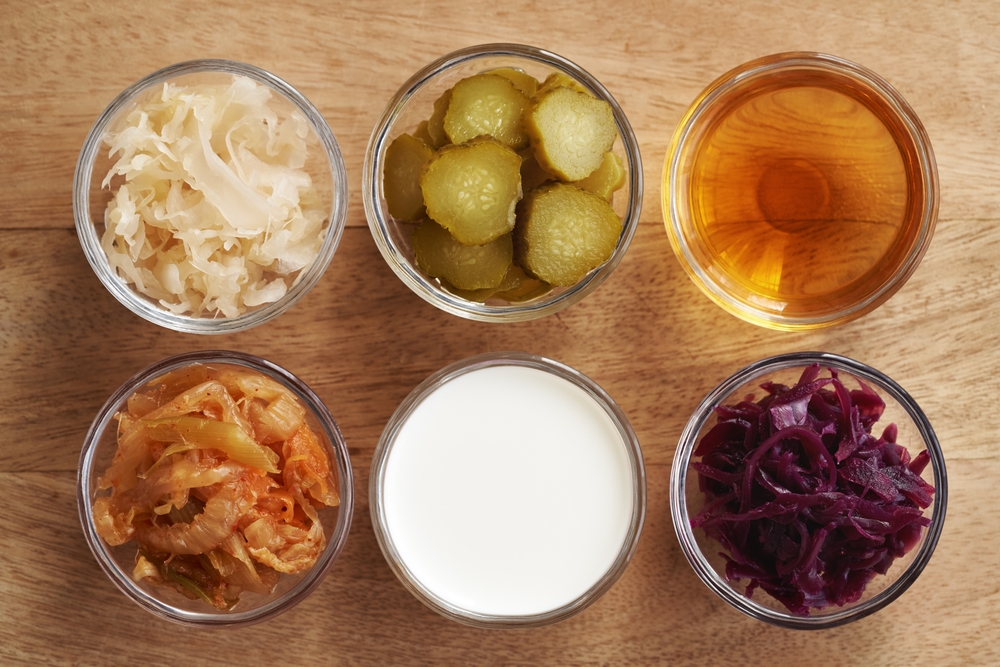
Fermenting foods at home introduces new flavors and health benefits to your diet. Start with simple projects like sauerkraut, kimchi, or kombucha. Fermented foods are rich in probiotics, which support gut health. Learning the process is both fun and educational, as it connects you to traditional food preparation methods. With practice, you can master this ancient art and enjoy homemade fermented goodies. (bonappetit.com)
Explore Food Pairing Science

Understanding food pairing enhances your ability to combine flavors creatively. Research how ingredients with complementary profiles, like wine and cheese or chocolate and chili, work together. This skill allows you to elevate both simple and elaborate dishes. Experimenting with pairings will surprise your palate and sharpen your culinary intuition. Soon, you’ll be able to invent recipes that balance taste, texture, and aroma perfectly. (foodpairing.com)
Bake Your Own Bread
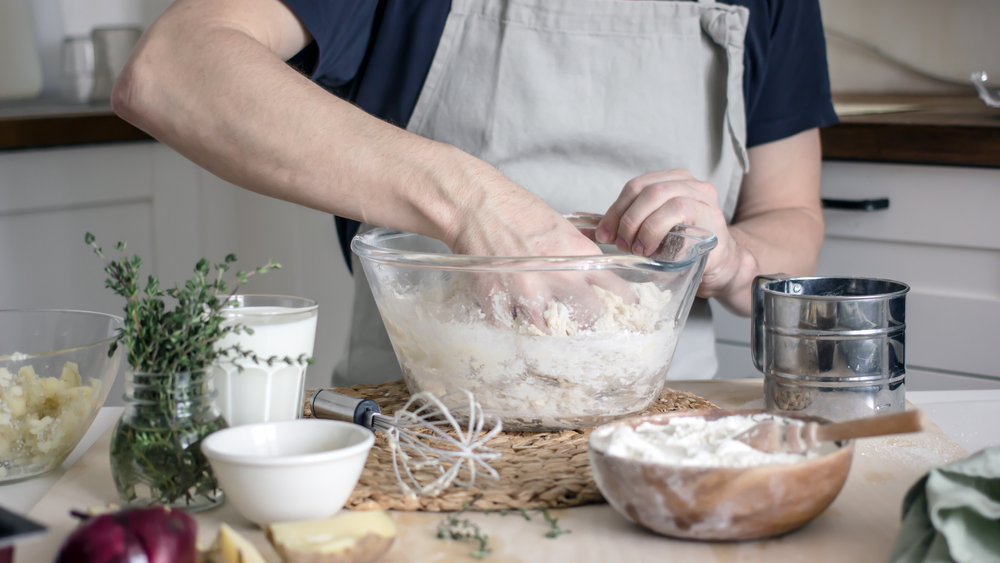
Home-baked bread offers superior flavor and freshness compared to store-bought options. Start with simple recipes like no-knead bread or focaccia to build confidence. Baking bread can be therapeutic, as the process encourages patience and mindfulness. Experiment with different flours, seeds, and techniques to expand your baking skills. There’s nothing more rewarding than enjoying a warm slice of bread straight from your oven.
This article originally appeared on RetailShout.
More From RetailShout
15 Strange Superstitions Surrounding Popular Foods

Food isn’t just about taste and nourishment; it’s packed with stories, traditions, and sometimes, strange beliefs. Around the world, people have passed down quirky food-related superstitions for generations, shaping how we eat, serve, and even think about everyday meals. Read More.
13 Unbeatable Costco Home Deals We’re Loving This Season
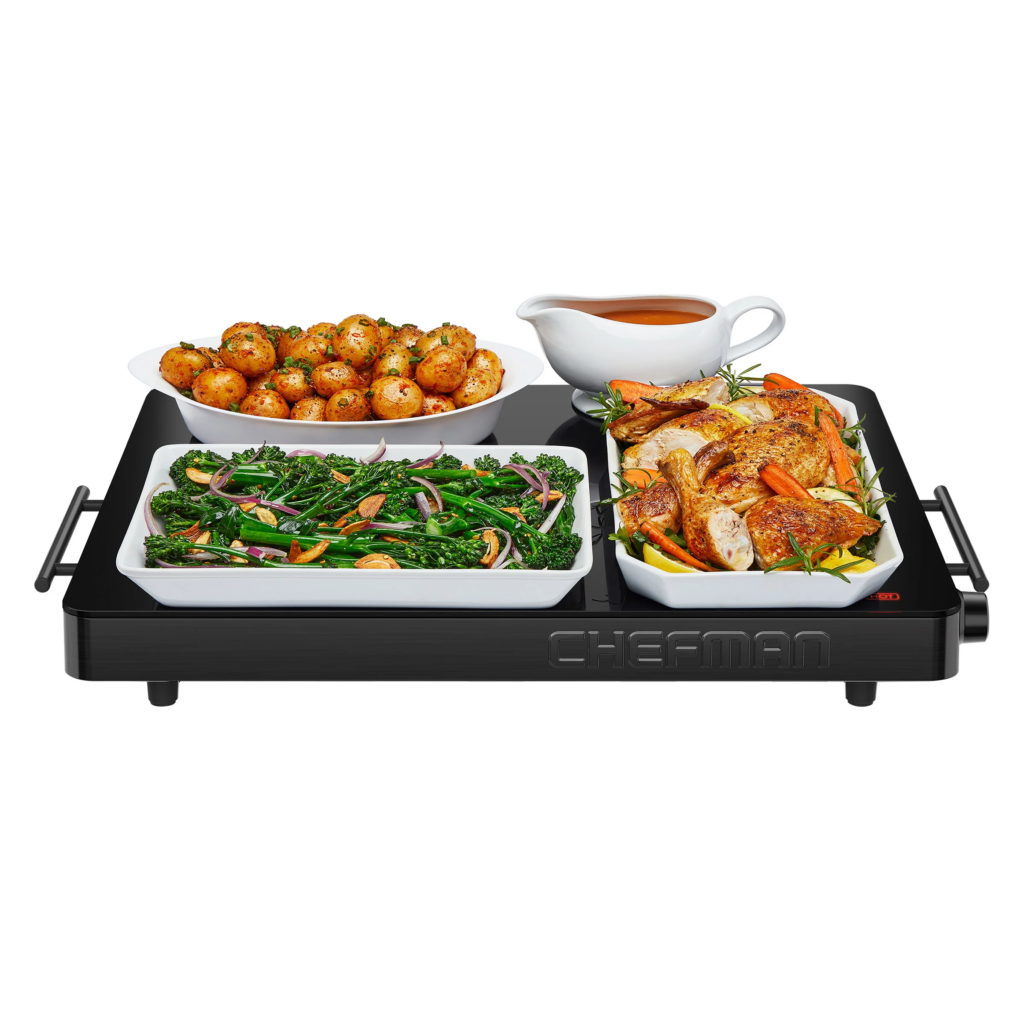
Home upgrades don’t have to break the bank, especially when Costco is involved. This season, they’ve outdone themselves with incredible deals on must-have items for your home. Read More.
15 Retro Comfort Foods Everyone Used to Love and Still Crave Today
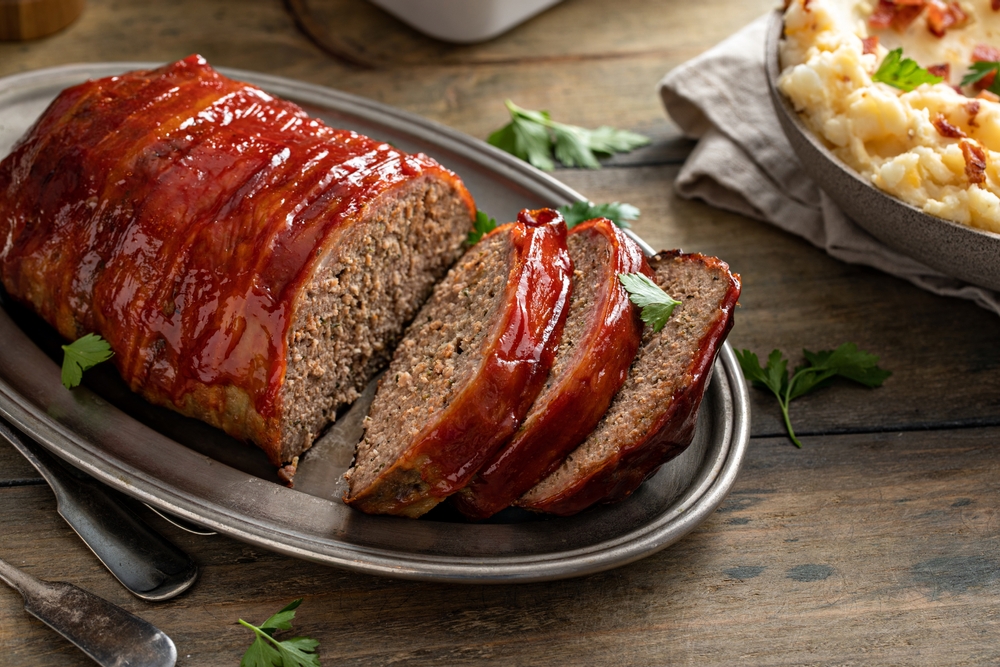
There’s something magical about retro comfort foods that takes us back to a simpler time. These timeless dishes not only bring back fond memories but still satisfy our cravings today. Read More.


